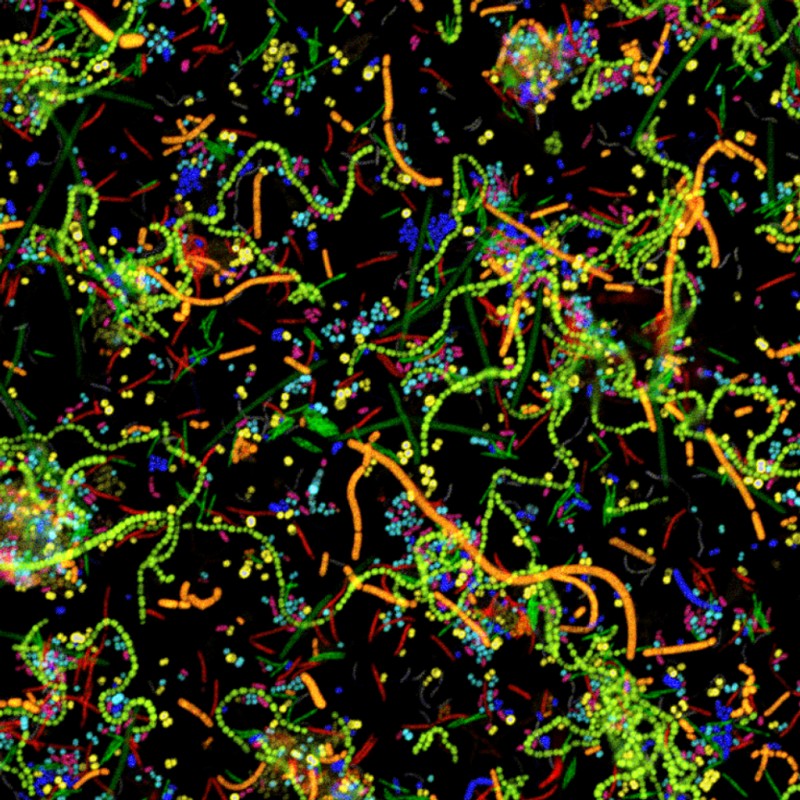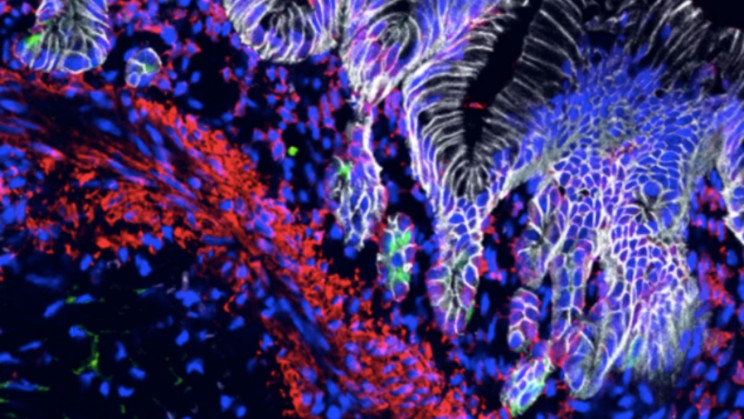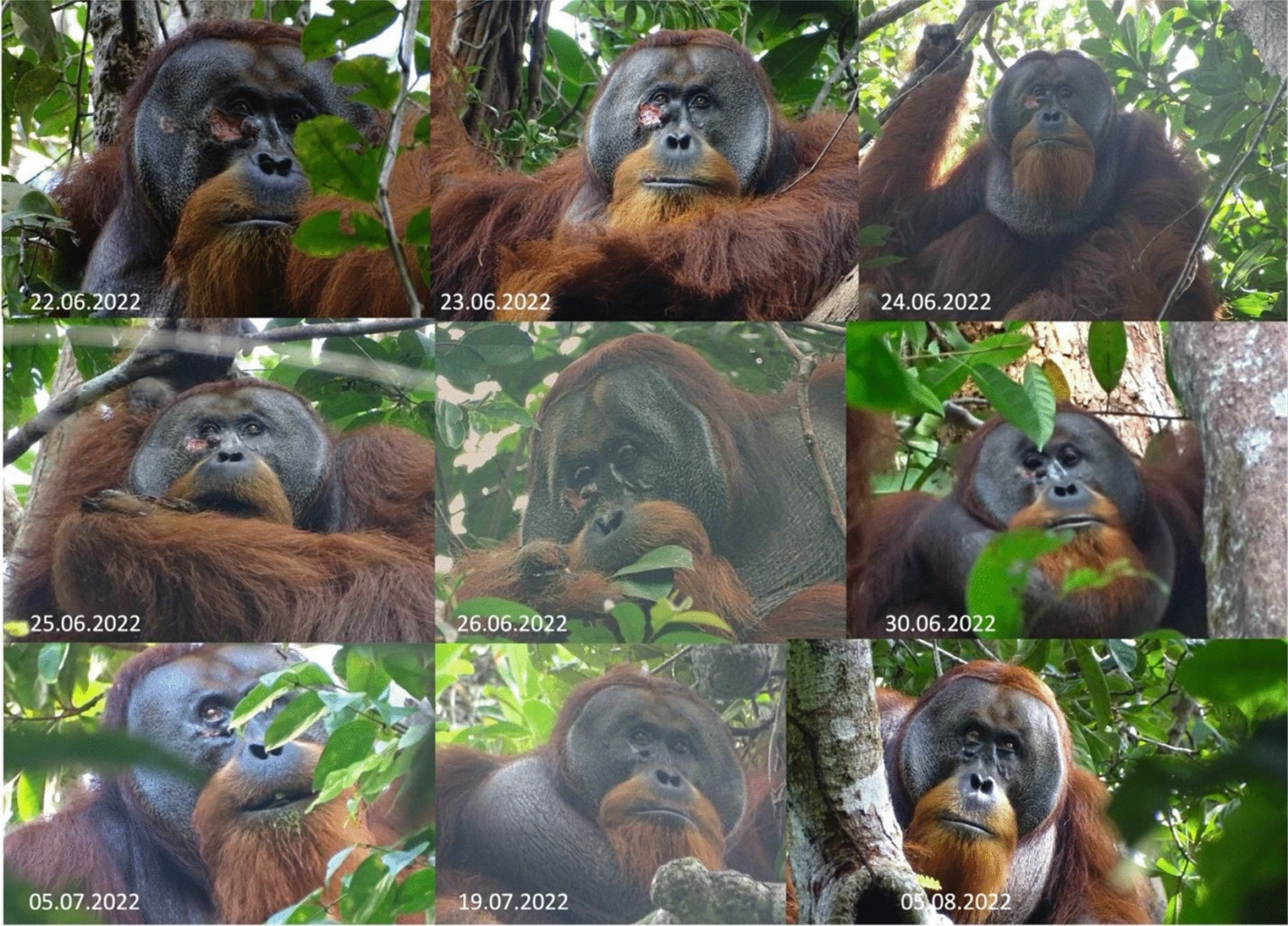Critical Biochemical Transformations Depend on Healthy Microbes
Resilience is a frequent topic in the news these days and is a measure of human communities recovering from natural disasters, industrial accidents, disease outbreaks, and even climate change. Though resilience is hard to define in these contexts, scientists and researchers believe the complexities of resiliency must be understood and defined so that humans can foster healthy ecosystems.
The World Depends on Healthy Microbes
What if microbes don’t adapt well to climate change? Humans have microbial communities in their stomachs and intestines. Some microbes are good and healthy, and others are potentially bad or unhealthy; when someone has too many bad microbes this is called gut dysbiosis, and health is negatively affected. There are microbial communities in soil, lakes, rivers, and oceans, and the same rule applies: there are good and bad varieties, healthy and unhealthy communities.
Measuring & Promoting Ecosystem Resiliency
Computational biologists and microbiologists at the Pacific Northwest National Laboratory suggest that ecosystem resiliency is affected by the quality and state of the microbial communities living ecosystems. The group is working toward ways of defining resilience in microbial communities of all kinds and how different types of disturbances affect microbial communities.
Researchers at the University of Georgia, for example, are studying the recent emergence of antibiotic resistance that occurs in metal-contaminated streams and the effects on human health.
These types of inquiries are expected to improve and advance human capability to design, understand, and control micro bio communities whether in the natural environment or in bioengineered systems.
In the following video, JBEI expert Steve Signer discusses the role of microbial communities in the breakdown of bioenergy crops.







